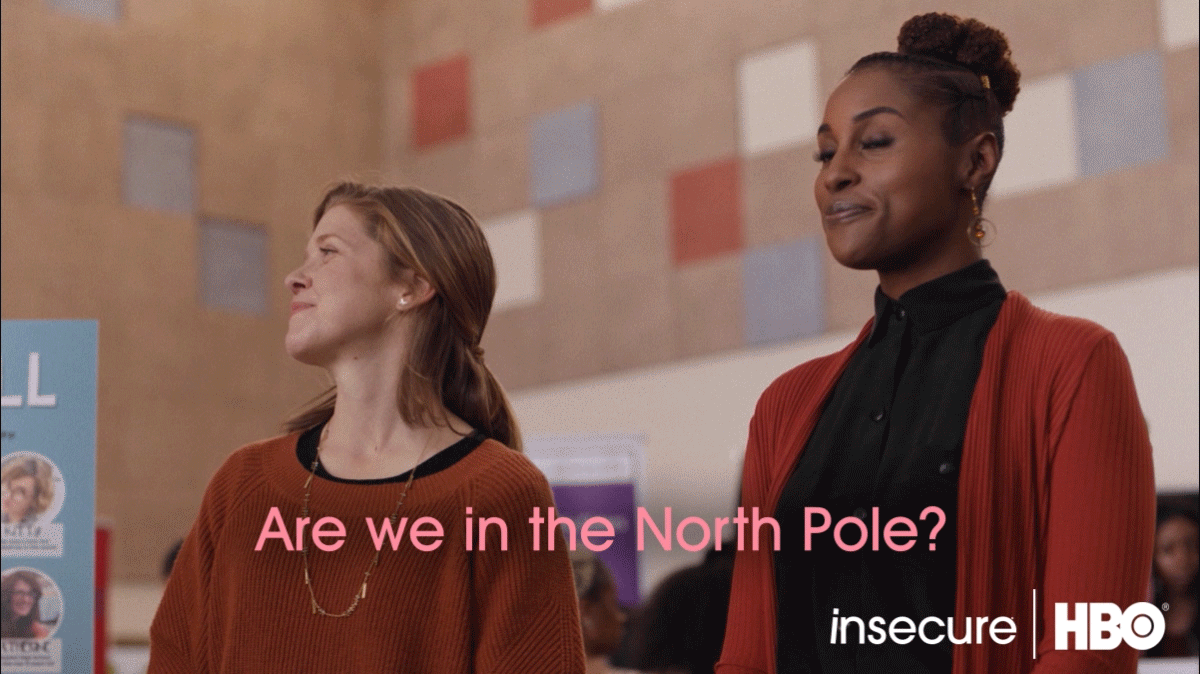It's called the most wonderful time of the year for a reason, right? The holidays are usually a joyous occasion. Depending on where you live, there may be fresh snow on the ground, the beautiful scenery of the leaves changing, homes decorated with wreaths, some may have already put lights up on their houses. It is a time to bring people together, share wonderful memories, and of course, get in some good old fashioned holiday eating. But for someone serving in the military, this may be one of the most difficult times of the year.
When I arrived at my first duty station, it was three months before the holidays. I didn't know that I had to put in my leave request so far in advance, so when I did two weeks prior, my request was denied. I was heartbroken.
It also meant that I would be spending my first holiday alone away from my family. What was usually a season I looked forward to quickly became one that I dreaded as the time became closer. When the day came, I immediately felt my anxiety rising and as a result, I isolated myself, didn't take any calls, and turned what should have been a happy occasion for my family, into one filled with worry and despair. Over the years, I learned how to navigate being away from my family during the holidays. What was once a season I dreaded turned into a season that I found myself loving again.
Here are a few tips for navigating the holidays while serving in the military.
Make Friends With Your Coworkers

Gone are the days of going into work and leaving without establishing a relationship with your coworkers. They know exactly what you're going through and how you are feeling. If they aren't active duty themselves, usually they are the spouses of someone serving and are going through the exact same thing. When I established these relationships, not only did I have amazing people to spend the holidays with, I created lifelong friendships with people I still keep in touch with to this day.
Reach Out To Your Family

It's hard enough spending the holidays alone, but you shouldn't make your family suffer your pain as well. Express your concerns, but don't drown them with your "woe is me" stories. When I began to communicate with my family during the holidays, it made the transition a lot easier. I was able to let them know they didn't have to worry. In hindsight, they didn't. I had my extended military family and let's be honest, I did not have to hear about the latest family drama.
Get Into The Holiday Spirit By Helping Others

It can be daunting to spend the holidays alone, but that doesn't mean you can't get into the holiday spirit. Do the things that bring you joy during the holidays. Do you have an amazing egg nog recipe? Make it for your job's holiday potluck! Does everyone always seem marvel at your holiday decor? Offer to help someone decorate. Volunteer your services to make someone's holiday brighter and in return, you'll find that it will make yours brighter as well.
Seek Help When Needed

If you are really struggling during this holiday season, don't be afraid to ask for help. The military offers plenty of resources such as Military One Source, The Military Crisis Line, and you can always speak to someone in your Mental Health unit at your base. You don't have to go through these feelings alone. Reach out and to someone and let them know what you are going through. Remember there is always someone who is willing to help you if you let them.
Going through the holiday season as a service member can be tough, but it doesn't have to be. These tips are a great start to help you have the best holiday season you can. They have helped me through some of my toughest times as a military member and I hope they can help you too.
Want more stories like this? Sign up for our newsletter here and check out the related reads below:
How To Get Through The Holidays If You Don't Observe Them
8 Tips For Meeting Bae's Family During The Holidays
5 Subtle But Major Ways to Give Back This Holiday Season
Five Ways To Combat Seasonal Depression
Featured image by Shutterstock.
Did you know that xoNecole has a podcast? Subscribe on Apple Podcasts or Spotify to join us for weekly convos over cocktails (without the early morning hangover.)
- How To Navigate Holidays When You Don't Celebrate Them - xoNecole: Women's Interest, Love, Wellness, Beauty ›
- Estranged From Family During Holidays - xoNecole: Women's Interest, Love, Wellness, Beauty ›
- Military Holiday Etiquette | AHRN.com ›
- Military OneSource – Support for Military Personnel & Families ›
- Military Mom Parenting 101 Guide ›
- How To Navigate The Holidays When You're Estranged From Your ... ›
- How to Handle Holiday Separations | Military.com ›
- Mental Health & Wellness — Military Spouse Advocacy Network ›
- Light up your Holidays: Helpful Survival Tips for the Holiday Season ... ›















